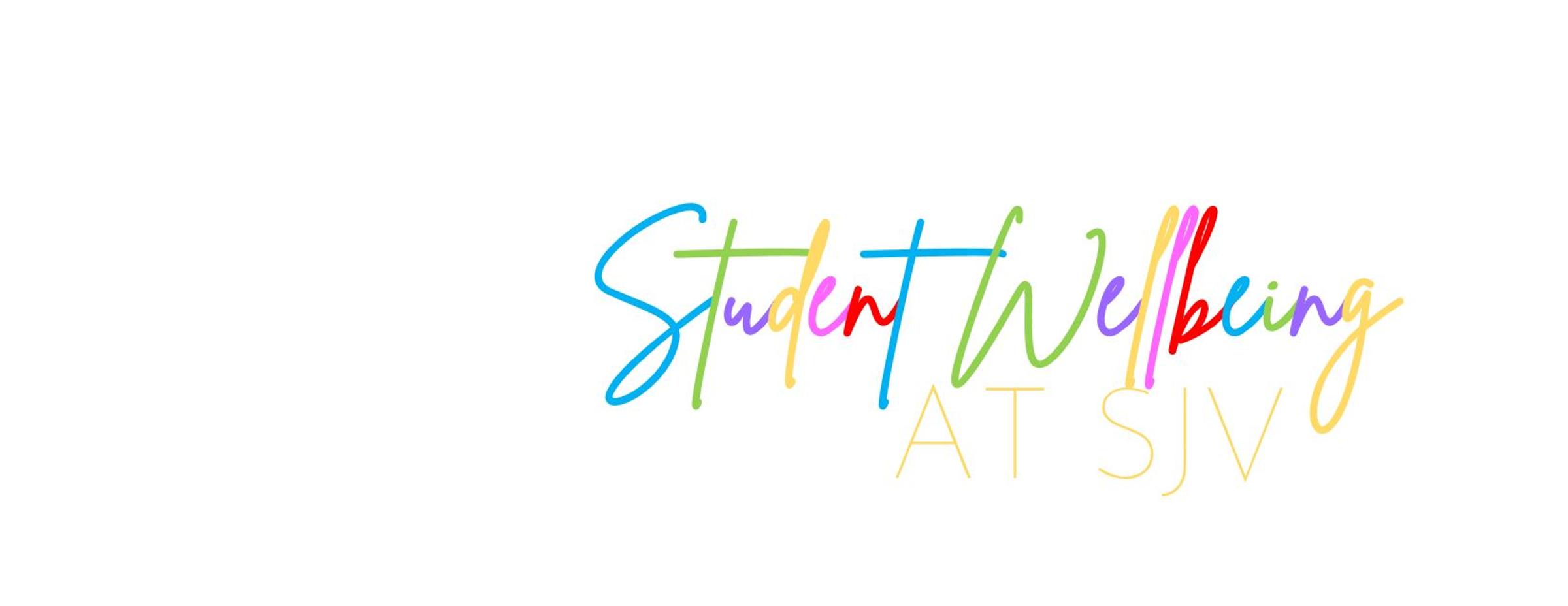STUDENT WELLBEING
Negative Thoughts!
Positive Coping Strategies

STUDENT WELLBEING
Negative Thoughts!
Positive Coping Strategies
It’s normal to think negative thoughts, but like anything, if you do something often enough, the stronger the connections in the brain become. When negative thinking patterns are formed due to repetition, this can affect a child’s self-esteem and ability to reach their goals or try new things. These thoughts can get in the way of learning, enjoying life and can fuel mental health issues such as anxiety.
If your child catastrophises or blows things out of proportion, enhancing awareness of their self-talk can help. Try to keep things in perspective. Challenge their thoughts by calmly asking questions such as,
“Is that really true? or
“What is most likely to happen?” or
“What are the odds of that?” or
“What has happened in the past?”
Then, model a more balanced and realistic view.
It can also help to focus on the feelings. Gently encourage your child to talk about the feeling or feelings connected the thought they are having. Are they feeling worried, sad or disappointed? Encourage your child to talk about their feelings with these tips.
Children that have been struggling for some time may need support beyond that can be provided by their parents or teachers. They may need to ‘hear it from someone else.’
The 'The Colour Monster' by Anna Llenas is a great storybook to start the conversation about emotions. link: https://www.youtube.com/watch?v=rruk_E2NF7c (5-7)
'Alexander and the Terrible, Horrible, No Good, Very Bad Day' by Judith Viorst
link https://www.youtube.com/watch?v=w6HhKlpp7ok
(Resilience, Rights and Respectful Relationships Program and
Jenny Willmott
Deputy Principal
Wellbeing Leader